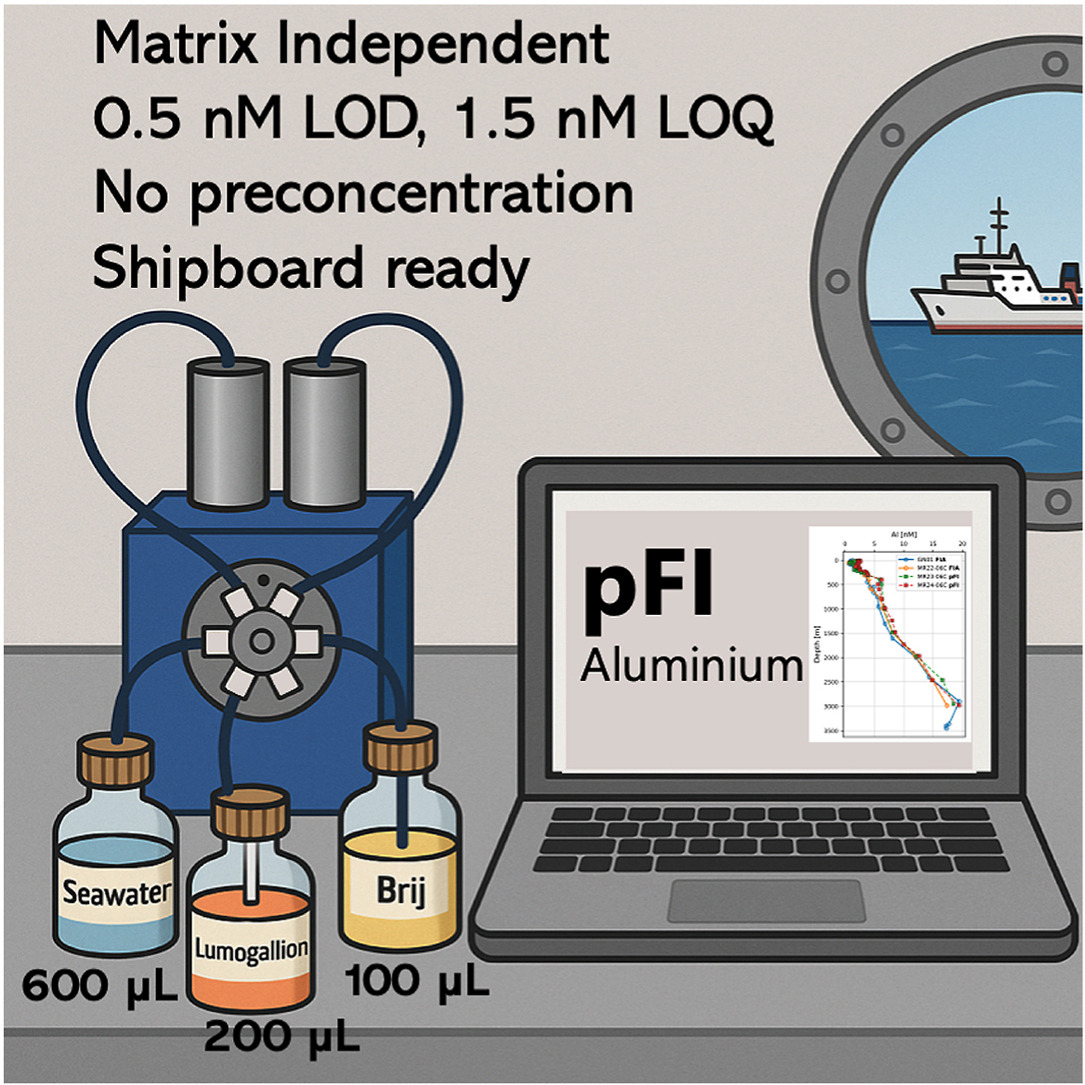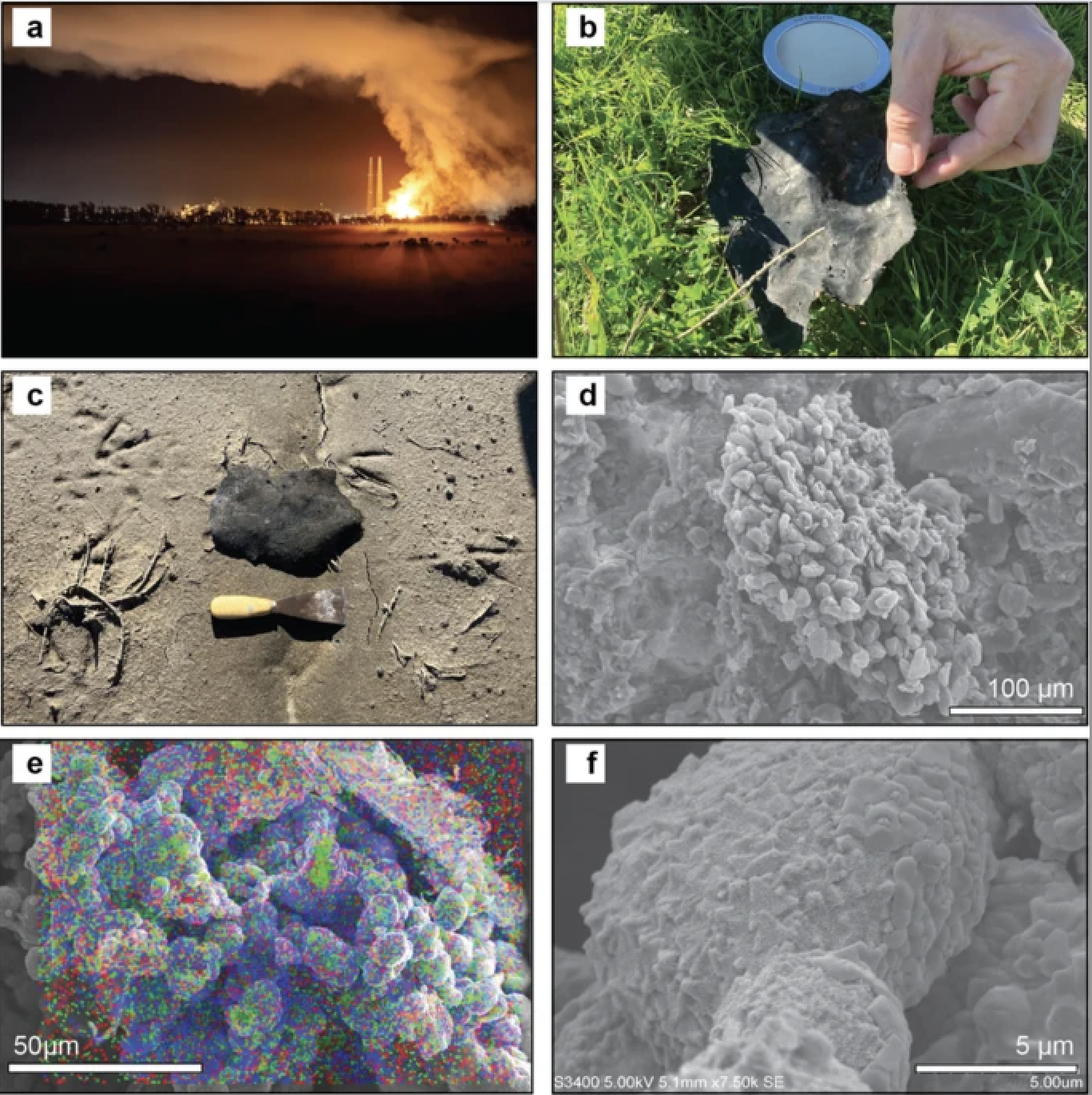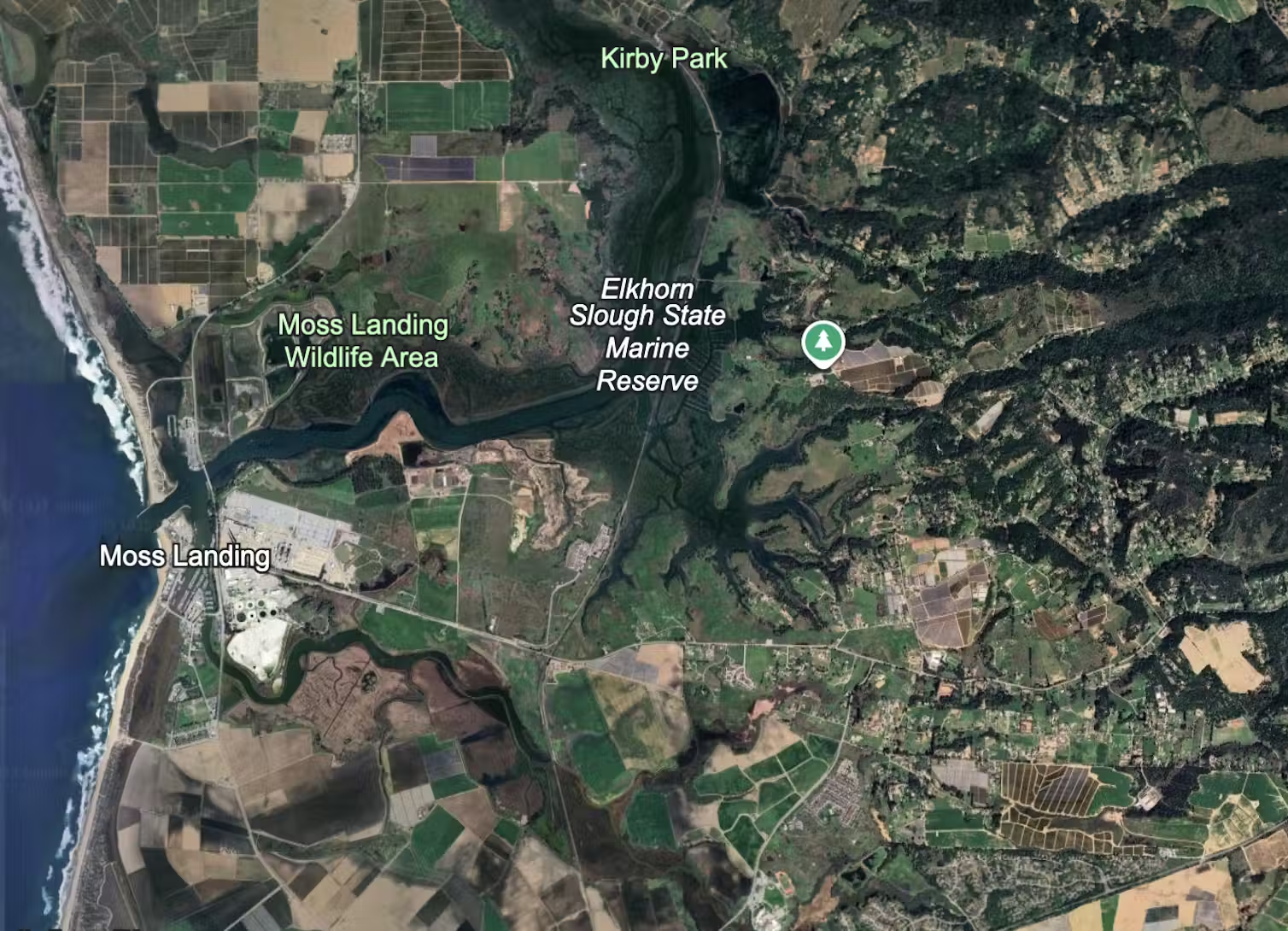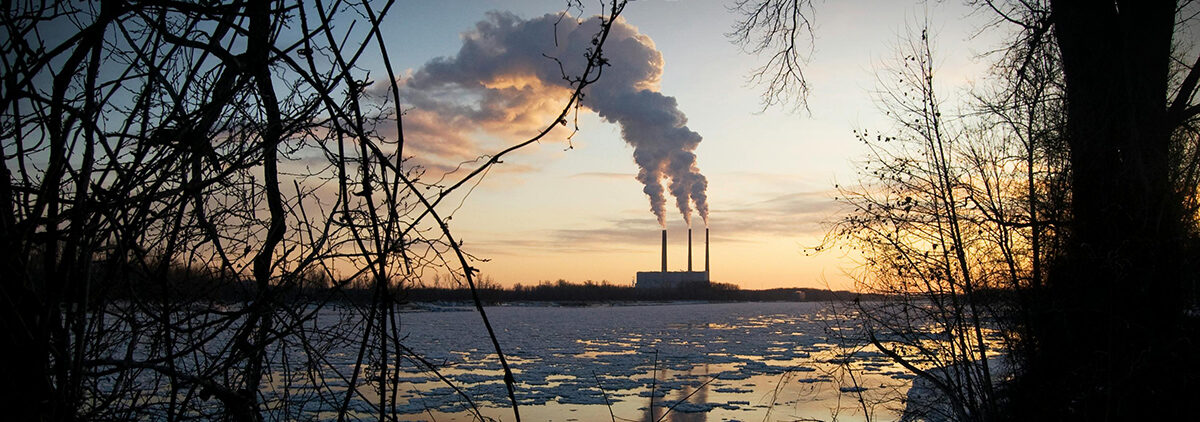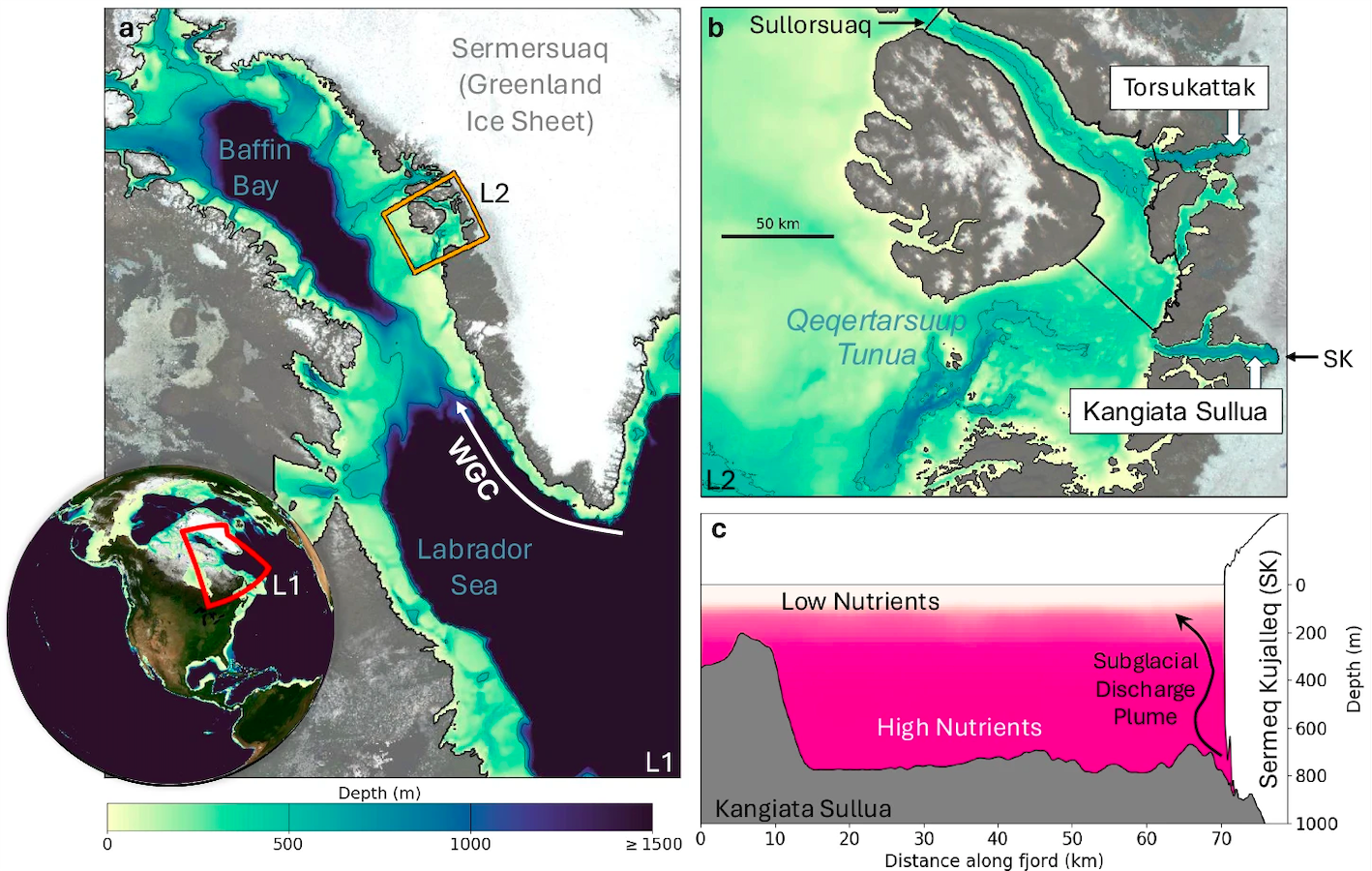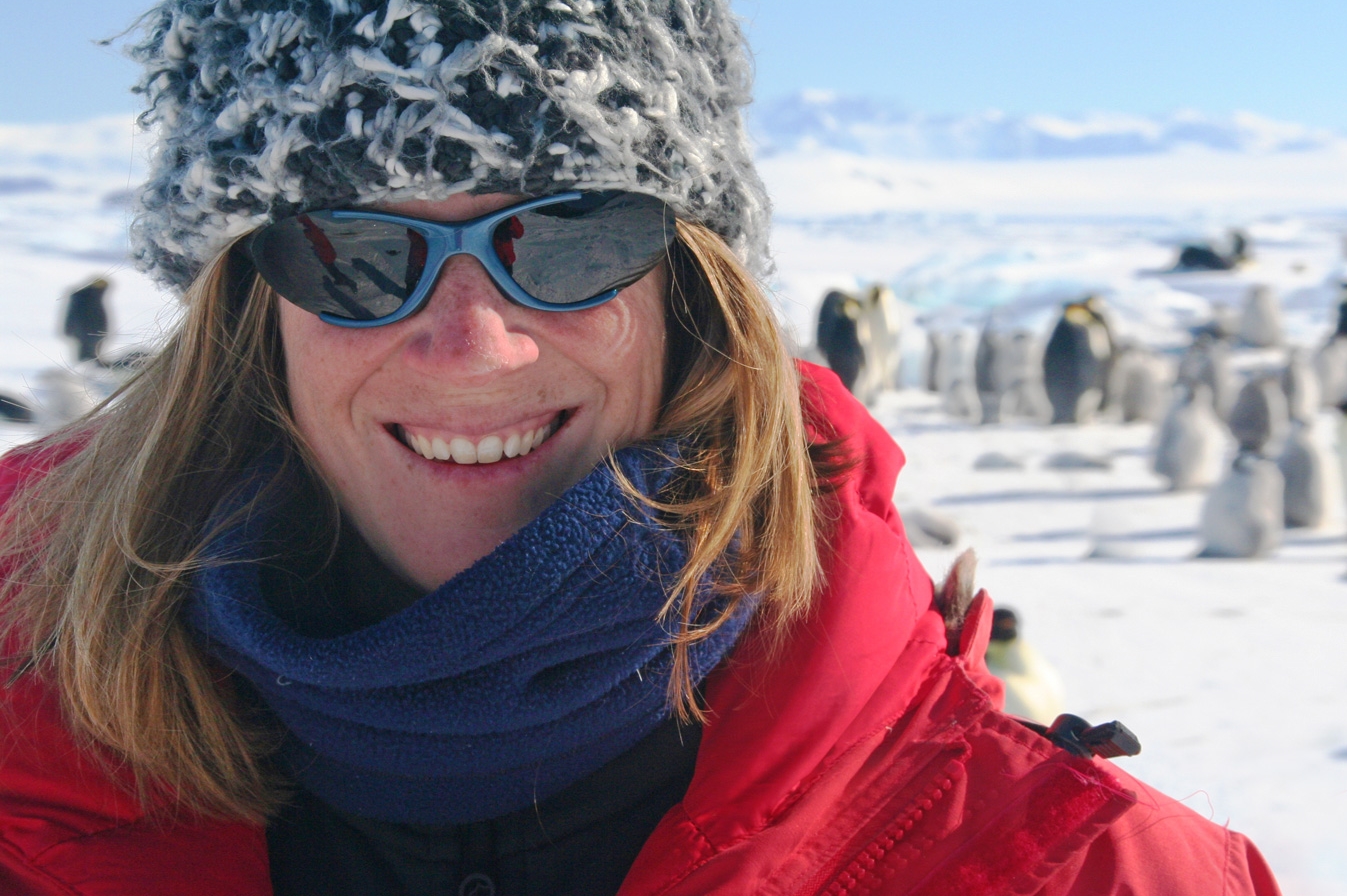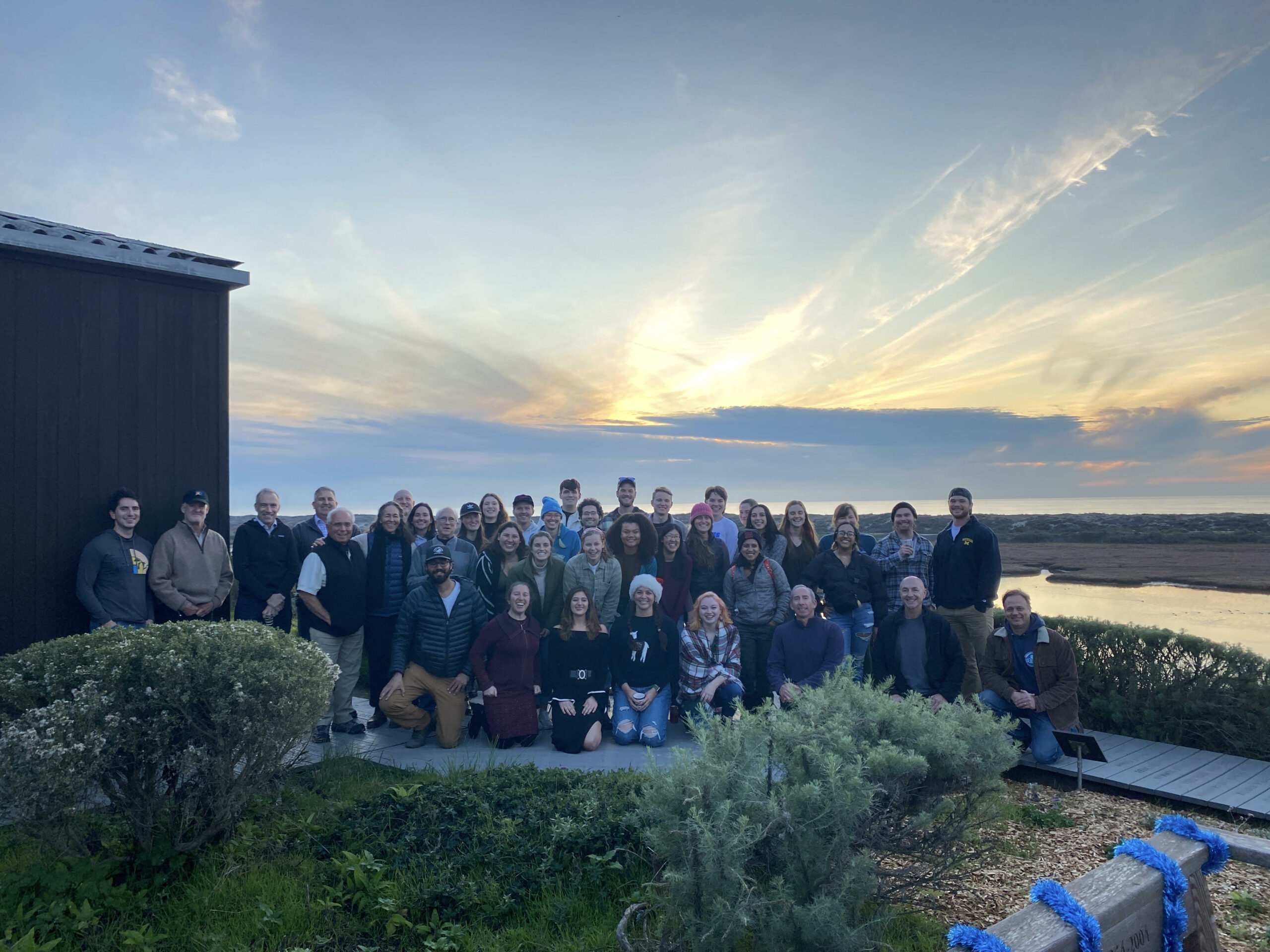Methane (CH4) emissions from ruminant livestock significantly contribute to global anthropogenic greenhouse gas emissions.
Innovative approaches to mitigate these emissions are crucial for sustainable agricultural practices. One potential mitigation
method under investigation involves using feed additives to reduce enteric methane production. Seaweeds, particularly of the
genus Asparagopsis, have shown remarkable efficacy in mitigating methane emissions due to their high bromoform content.
However, challenges in scaling the production of Asparagopsis spp. cultivation are currently hindering its widespread com-
mercial adoption. This study explores an alternative red seaweed, Gracilaria parvispora cultivated globally at industrial
scales, for its bromoform synthesis and emission rate. Specifically, this study investigates methods to enhance bromoform
production in G. parvispora utilizing environmental stressors, including desiccation, increased temperature, and changes
in light intensity in a land-based aquaculture facility. By examining how bromoform content and emissions vary over diel
cycles and under distinct stress conditions, we clarify the temporal dynamics of bromoform synthesis and loss—revealing,
for instance, midday surges followed by rapid declines and divergent effects on tissue content versus emissions. We found
that G. parvispora bromoform content varied significantly with light intensity, surging over 300% from sunrise to midday
during peak light intensity, but declining rapidly by sunset. Desiccation stress boosted bromoform tissue concentration by
63%, while temperature stress increased emissions by 49.5%. Based on these findings, we outline practical cultivation and
harvest methods to enhance bromoform content: cultivate in direct sunlight (PPFD between 1000 and 1500) to promote
bromoform production, maintain cooler waters (< 21°C) to prevent bromoform loss via volatilization, harvest during peak
solar irradiance, and allow for brief desiccation (< 1h) in direct light before or during harvest.
Cunningham, S. R., Gardner, L., Grand, M. M., Metter, J., Salmi, A., Simpson, E., Graham, M., Hamilton, S. L., Schuppenhauer, M. R., & Gossard, D. J. (2025, August 4).
Optimizing bromoform content in Gracilaria parvispora: The role of environmental stressors. Journal of Applied Phycology. Advance online publication.
https://doi.org/10.1007/s10811-025-03602-0
